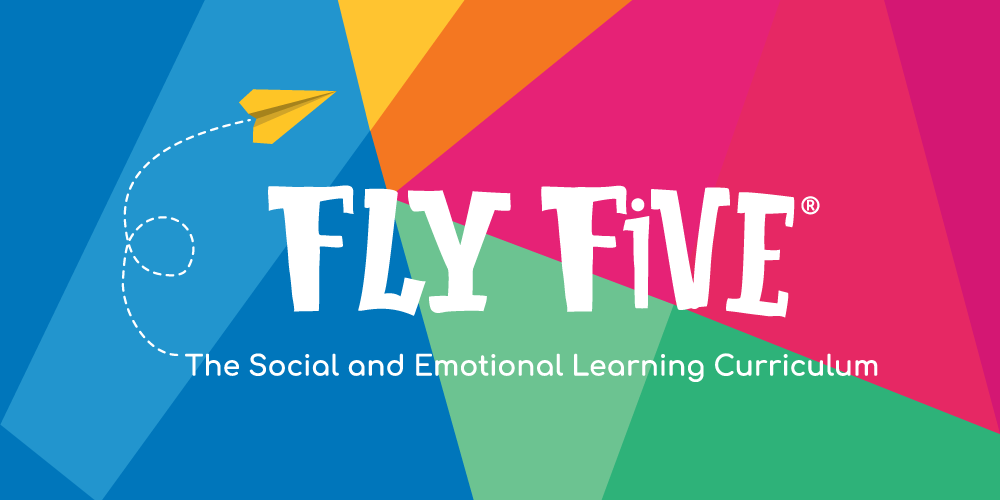Quick Tips to Articulate Desirable Outcomes

An important aspect of reaching a goal is defining a clear picture of what that goal actually is. What specifically does a student want to achieve in a given situation? How clearly can they define their end goal? Whatever outcome they hope to reach, they can outline action steps to get there.
Strategies for Students to Clarify Their Goals:
- Define exactly what a goal is: a desired future state that someone achieves through actions and behaviors that align with attaining that goal; a goal is a desired outcome that we want but may have difficulty achieving (Berkman, 2018). Offering students a clear understanding of what a goal actually is can help them in the process of learning to clarify their own hopes and goals.
- Explore the skills and proficiencies students need to achieve their goals—do they need high motivation but low skill, or high motivation and high skill (Berkman, 2018)? Students can brainstorm lists, outline mind maps, or research others who have achieved similar goals to clearly define how they can reach them, too.
- Through written reflection, students can precisely clarify their goals. Whether clarifying academic, social, or emotional outcomes, students should consider simple questions like “What do I want?” and “What actions do I need to take?” and “What resources, including teachers, friends, and family, can help me reach this desired outcome?” (Traugott, 2014).
- Show students how to clarify a desired outcome in many situations, even ones they may not think too much about, like having a playdate with a friend. If they want the playdate to be fun, what steps can they take to ensure that it is? They can plan games, make snacks, and play outside. This shows students how to be in control of their outcomes in every situation and allows them to consistently make intentional choices.
As students learn to clearly define the outcome they are hoping for, they will be better able to take the appropriate action to achieve that outcome. Clarifying their hopes and goals allows students to practice self-reflection, decision-making, and taking responsible action steps—all crucial skills for success throughout their lives.

References
Berkman, E. T. (2018). The neuroscience of goals and behavior change. Consulting Psychology Journal: Practice and Research, 70(1), 28–44. https://doi.org/10.1037/cpb0000094
Traugott, J. (2014, August 26). Achieving your goals: An evidence-based approach. Michigan State University Extension. https://www.canr.msu.edu/news/achieving_your_goals_an_evidence_based_approach







